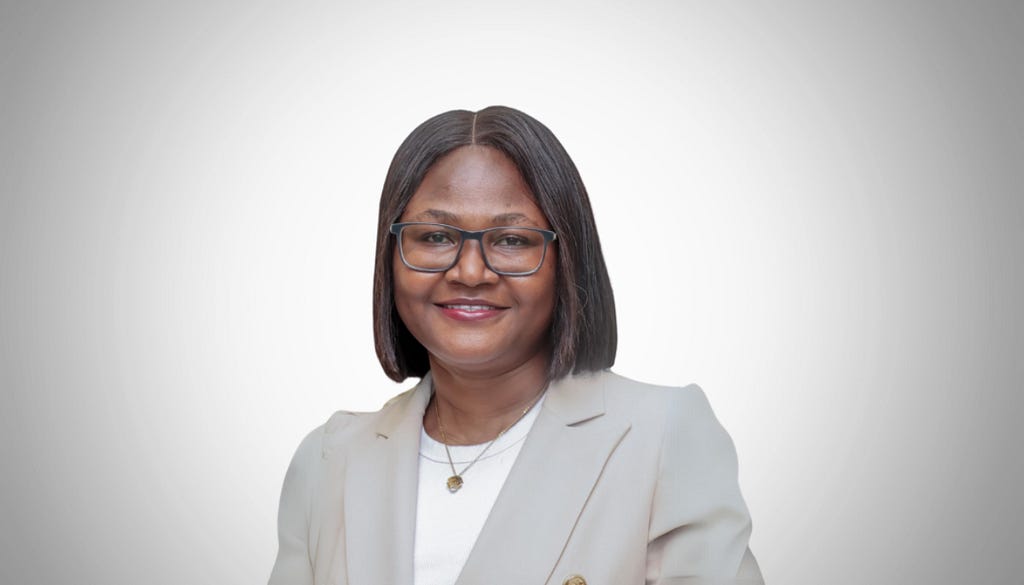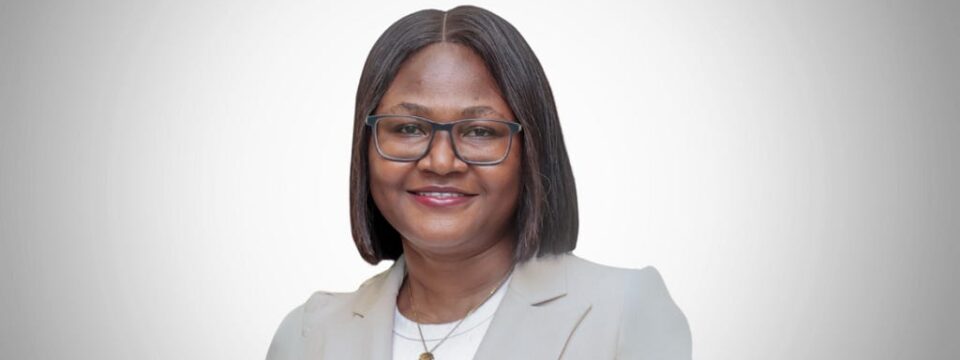
Kindness. Everyone is going through something, and small acts of kindness can create a ripple effect of positivity. It doesn’t have to involve material things. A smile, an encouraging word, or refrain from unnecessary criticism can make a profound difference in someone’s day. A movement centered on kindness could transform how we interact with one another and bring about meaningful change.
As part of my series about “individuals and organizations making an important social impact”, I had the pleasure of interviewing Abigail Addy.
Abigail Addy is a Clinical Mental Health Counselor tackling America’s growing mental health crisis, which affects nearly one in five adults annually and 15% of seniors over 60. With expertise in anxiety, depression, and trauma, she empowers clients of all ages to reclaim control of their lives through evidence-based approaches like Cognitive Behavioral Therapy (CBT).
A graduate of Regent University with a master’s in clinical Mental Health Counseling, Abigail’s compassionate and practical methods help clients uncover inner resilience and develop effective coping tools. Her work is a lifeline for individuals and a step toward addressing the broader societal need for accessible mental health care.
Thank you so much for joining us in this interview series! Can you tell us a story about what brought you to this specific career path?
From a young age, I had a natural inclination to listen and support others. Even in grade school, my friends would tell me they felt better after talking to me, even though I rarely offered advice. Within my family, I was the youngest, surrounded by many older relatives who often shared their life stories and wisdom with me. This exposure shaped my perspective and fostered a deep admiration for older generations. Two significant figures in my life were the oldest matriarchs in my family, one who lived to 100 and another to 90. Their lives highlighted the challenges of isolation that many elderly people face and the joy they found in connecting with younger generations. I witnessed firsthand the pride they felt knowing they were leaving a legacy, which deeply inspired me. Over time, I became passionate about supporting the geriatric population. I saw their unique challenges — physical decline, mental health issues stemming from conditions like Parkinson’s or dementia, and the emotional impact of isolation or retirement. These experiences fueled my desire to make a meaningful difference through geriatric counseling.
It has been said that our mistakes can be our greatest teachers. Can you share a story about the funniest mistake you made when you were first starting? Can you tell us what lesson you learned from that?
Early in my career, I mistakenly thought that being a counselor meant offering advice or solutions. I quickly learned that this is not the case. Counseling is not about giving answers but about being present and truly listening.
There were moments when clients would thank me, saying, “I know exactly what I need to do now,” even though I hadn’t given any direct advice. It struck me that simply being heard and understood can be transformative. This experience taught me that creating a safe, nonjudgmental space where clients feel seen and supported is often more impactful than offering solutions. This realization fundamentally shaped my approach as a counselor.
Can you describe how you or your organization is making a significant social impact?
I view my impact as happening to one person at a time. When an individual seeks professional help and commits to their growth and recovery, the ripple effect can extend far beyond them. Helping someone build resilience, improve relationships, and regain hope in themselves can lead to positive changes in their community and beyond. I find immense fulfillment in witnessing clients transform from feeling hopeless to discovering their self-worth and pursuing their dreams. It’s a profound reminder of how impactful mental health support can be.
Can you tell us a story about a particular individual who was impacted or helped by your cause?
Although confidentiality prevents me from sharing specific details, I’ve worked with many clients who have experienced significant progress. For instance, some have shared that they’ve achieved goals they once thought were unattainable. Discharge moments are particularly emotional because they symbolize the growth and confidence clients have gained during our time together. Seeing their ability to stand on their own and face life’s challenges is always a source of pride and joy.
Are there three things the community/society/politicians can do to help you address the root of the problem you are trying to solve?
- Normalize Seeking Help: Advocacy and public awareness campaigns can help reduce the stigma around mental health. Politicians and community leaders can play a key role in promoting the message that seeking help is a sign of strength, not weakness.
- Increase Funding: Allocating resources to train more mental health professionals and provide services for underserved populations is essential. Mental health care should be as accessible as physical health care.
- Public Education: Society needs to recognize that mental health issues are just as important as physical health issues. Education campaigns can help people understand the importance of seeking help and the resources available to them.
How do you define “Leadership”? Can you explain what you mean or give an example?
Leadership is about inclusivity and leading by example. It’s not just about giving directions but embodying the principles you stand for. For instance, when working with clients, I don’t just discuss strategies — I demonstrate and role-play them. Similarly, in life, children learn by observing what you do, not just what you say. This principle applies to adults as well: actions speak louder than words. True leadership is about walking the talk.
You are a person of enormous influence. If you could inspire a movement that would bring the most amount of good to the most amount of people, what would that be? You never know what your idea can trigger. 🙂
Kindness. Everyone is going through something, and small acts of kindness can create a ripple effect of positivity. It doesn’t have to involve material things. A smile, an encouraging word, or refrain from unnecessary criticism can make a profound difference in someone’s day. A movement centered on kindness could transform how we interact with one another and bring about meaningful change.
Can you please give us your favorite “Life Lesson Quote”? Can you share how that was relevant to you in your life?
One of my favorite quotes is from John Donne: “No man is an island entire of itself; every man is a piece of the continent, a part of the main.” This quote underscores the importance of connection and community.
The pandemic vividly illustrates how isolation can lead to mental health challenges. Human beings thrive on connection, and a supportive network is a critical source of resilience. This idea resonates deeply with me both personally and professionally. As a counselor, I often remind clients that they are not alone. In my own life, I rely on my support system to navigate challenges and grow.
Is there a person in the world, or in the US with whom you would like to have a private breakfast or lunch with, and why? He or she might just see this, especially if we tag them. 🙂
I would choose the late Dr. Myles Munroe. His teachings on identity, purpose, and character in leadership have profoundly influenced me. He emphasized the importance of honing one’s gifts and aligning them with strong character. I would have loved the opportunity to learn more about his personal journey and gain additional insights into his wisdom and approach to life.
This was very meaningful, thank you so much. We wish you only continued success in your great work!
Social Impact Heroes: Why & How Abigail Addy Is Helping To Change Our World was originally published in Authority Magazine on Medium, where people are continuing the conversation by highlighting and responding to this story.
